In a Wednesday morning news conference, Massachusetts Governor Charlie Baker asked Massachusetts high schools and universities to cancel upcoming international trips as a precaution against the spread of coronavirus, or COVID-19.
University of Massachusetts Chancellor Kumble Subbaswamy, along with other state leaders in health care, emergency response, local public health boards and higher education, attended the Boston meeting, according to a press release from the governor’s office.
At the University, the governor’s recommendation was put into effect. Two weeks before the scheduled UMass spring break, University officials canceled all upcoming international trips, advised students against international travel and provided an option for students to stay in their residence halls if their travel plans were impacted.
“For many in our community, spring break is an opportunity for personal domestic and international travel,” an email sent to campus by Vice Chancellor for Student Affairs and Campus Life Brandi Hephner LaBanc read. “Out of an abundance of caution, the university strongly discourages international travel during spring break.”
As of March 3, the University will require any student, faculty member or staff returning from a country designated by the Centers for Disease Control as an “alert-level 3” to self-quarantine for 14 days and remain symptom-free before returning to campus. The list of countries with this designation include China, South Korea, Italy and Iran.
According to the University update, self-quarantine requires avoiding public transport and congregate settings including classrooms, maintaining a six-foot distance from people and practicing healthy behaviors.
The email also warned that new restrictions on travel could be implemented while students are abroad, “affecting [their] ability to return to campus in a timely manner.”
According to CNN, the Trump administration announced increasing restrictions earlier this week, including a ban on travel related to Iran.
For students engaging in domestic travel over spring break, the University advised in the email they “take time to research” and make the decisions that “feel right for [them].”
In an email to the campus community on Wednesday afternoon, Subbaswamy stated the University is “engaged in extensive contingency planning for both the public health and academic impacts of COVID-19 on our campus.”
He appointed a Campus Preparedness Working Group, which will harness campus resources to meet the challenges of the outbreak. An Academic Planning Working Group has also been formed to address academic implications including visas for international students and developing “alternative course delivery methods if in-person instruction is not possible.”
“With faculty engaged in research and scholarship around the world, more than 3,400 international students enrolled on campus, and a thriving study abroad program, UMass Amherst has a historic commitment to engagement on a global scale,” Subbaswamy said. “I am confident that the current challenges we face regarding COVID-19 will not alter the character or composition of our campus and that we will come through this difficult period stronger and more resilient than ever.”
The University has suspended study abroad programs in China, South Korea and Italy for the spring semester in response to the outbreak. In a Feb. 29 email sent to students in Italy, the director of education abroad, Mark Eckman, said the suspension was made “with a view to ensuring [student] health and safety.” Students were told to return by Friday, March 6. The University reimbursed students up to $500 for any changes made for flights from Italy to the United States.
“Remaining in Italy beyond Friday, March 6th could have adverse implications on your ability to maintain continuous enrollment at UMass for Spring Semester 2020, as well as insurance and financial aid,” the email read.
Angelina Rivera, a sophomore chemistry major who was studying in Viterbo, Italy, returned home on Tuesday after her program was suspended. She found out the news in a group chat with her friends in the program before reading the official email.
“I was told that I had to leave Italy ASAP,” Rivera said. “So that gave me only a week…to scramble around and book a flight, pack up all my stuff, and clean my apartment before leaving all my new friends.”
She was “shocked” at first as previous emails from the program stated the outbreak would not be serious and that students should not be worried. “Then we were finding out that the program was being cancelled and we had to go back home.”
Rivera described a mix of emotions at coming home, as she was happy to see friends and family again but was leaving behind new friends from the program and from Italy. “I hadn’t been in Italy for even two months before I had to leave,” she said.
The local program which Rivera was enrolled in is now working to arrange online classes, and she added that UMass offered to arrange housing on campus if needed. Rivera, who is currently in self-quarantine, chose to stay at home.
In Beverly, Mass., Krista Camara, a junior communication disorders major who was studying in Florence and returned on Monday, Feb. 2, said the self-quarantine was making her go “stir-crazy” as she waited to hear about taking courses online.
Camara and her parents had made the decision to come home prior to the suspension of her program since other schools had already suspended their programs. She said she is “just trying to settle back in” and decide on applying to a new part-time job or starting a summer job early.
“It was pretty devastating, not only because we were planning on four months of traveling and experiencing a new culture, but also because we aren’t guaranteed any money back and we are essentially doing the exact opposite of what we were intending for the semester,” Camara said. “Most of us are back in our parents’ house for the rest of the semester, taking online classes to fulfill our credits.”
“The worst part about all of this is definitely that we can’t go back to UMass,” Camara added. “The rest of our friends are at their respective universities so being in our hometowns alone feels pretty weird.
“I had so many plans to travel Italy and Europe that were swiped away from me,” Rivera added. “I was frustrated that I couldn’t make the most of my study abroad experience. But I do understand that it is for the best as this virus was getting very serious in Italy…I just wish that times could have been different while I was abroad.”
Kathrine Esten can be reached at [email protected] and followed on Twitter at @KathrineEsten.

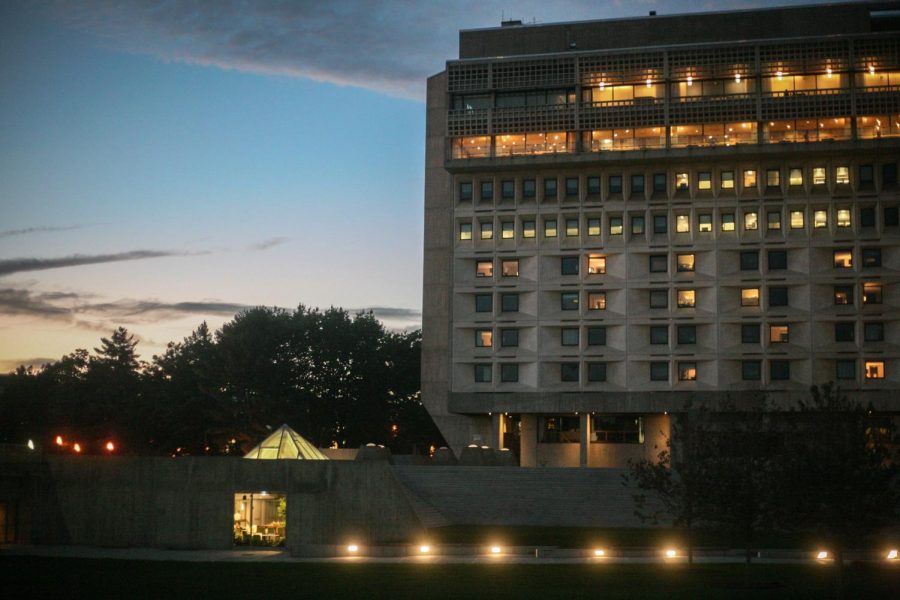







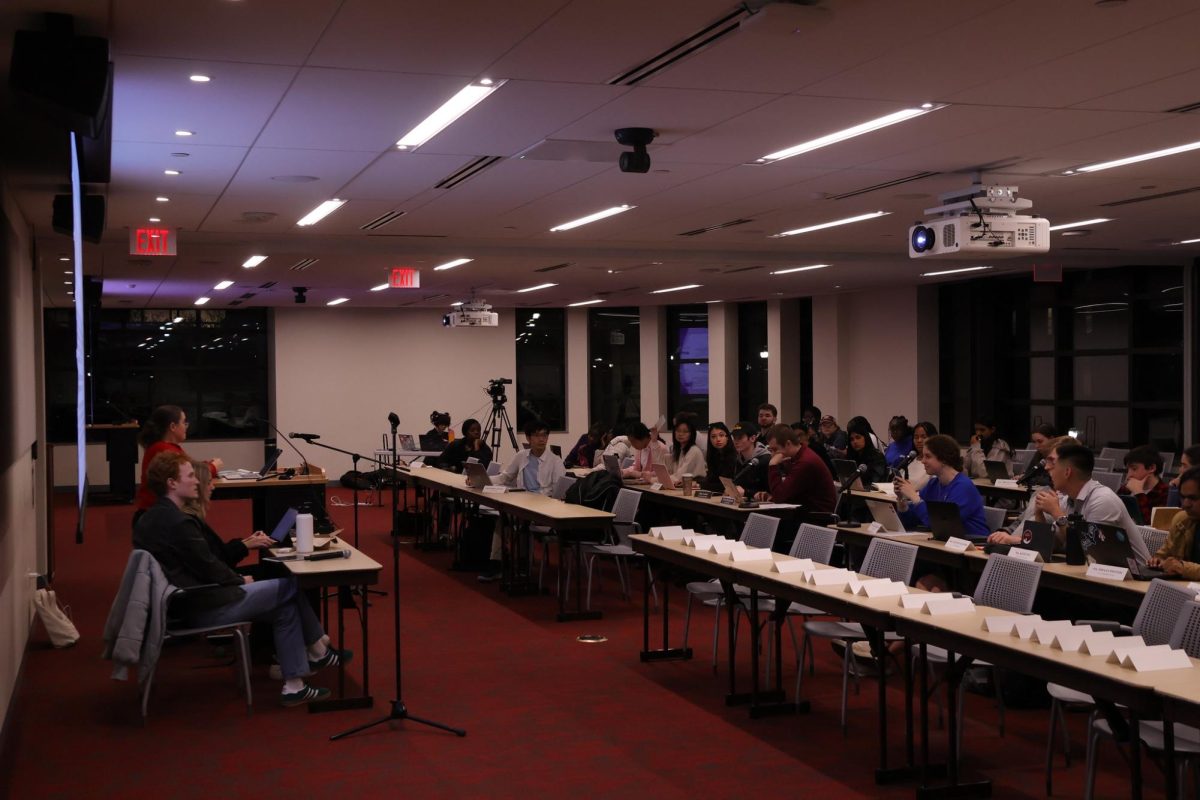
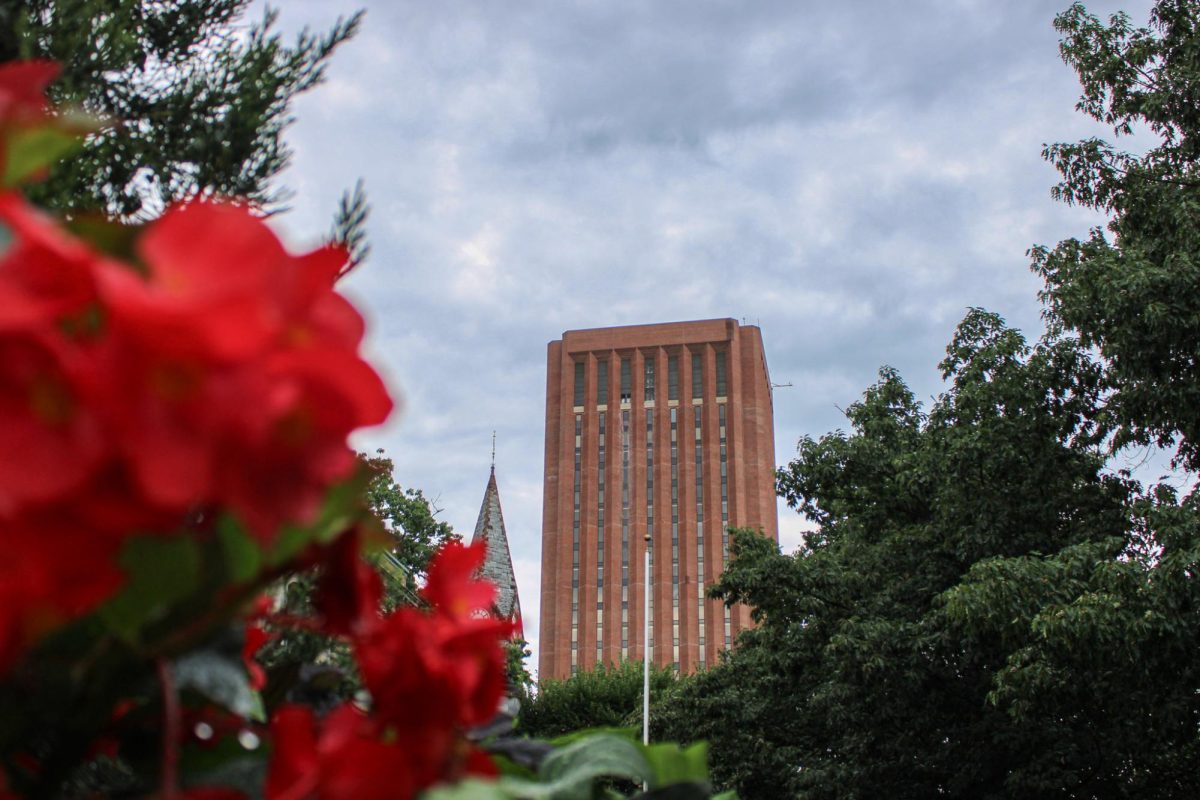


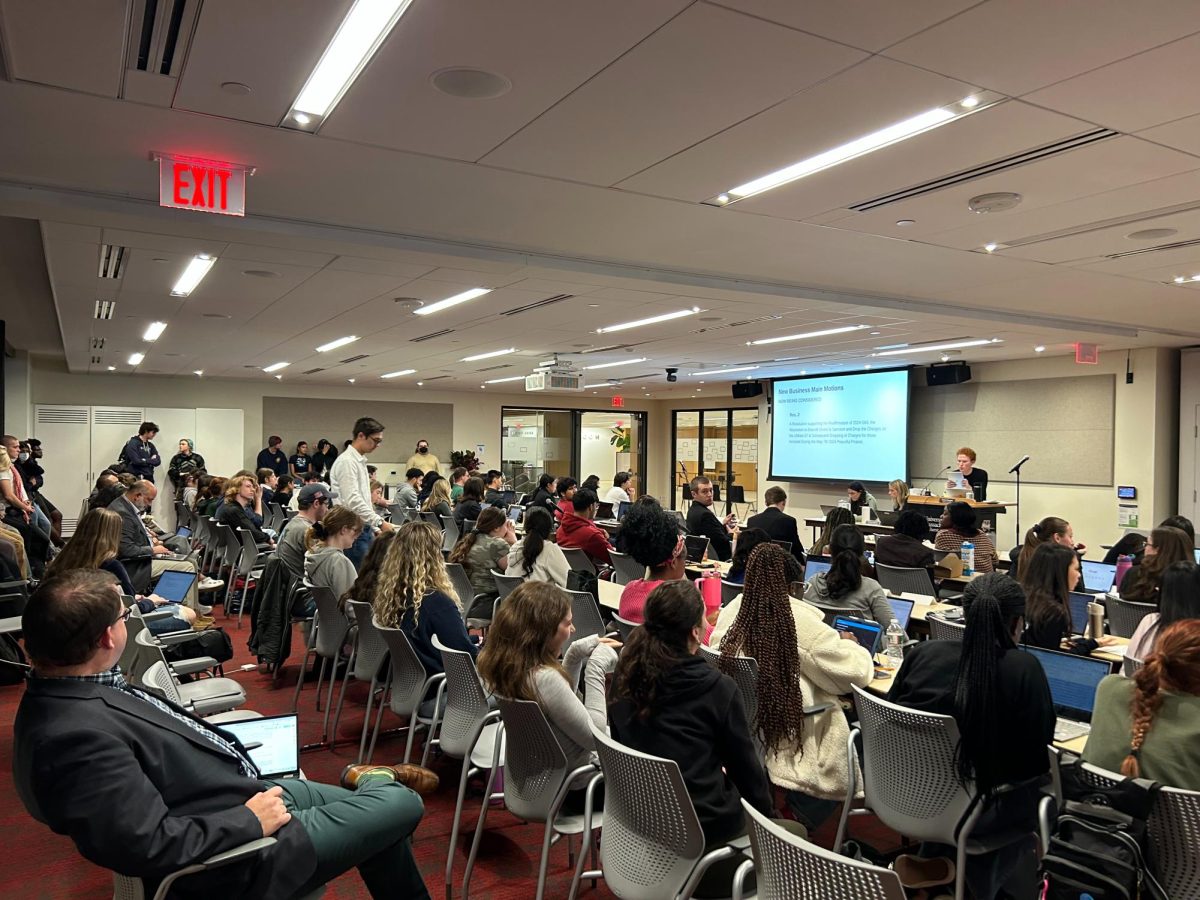
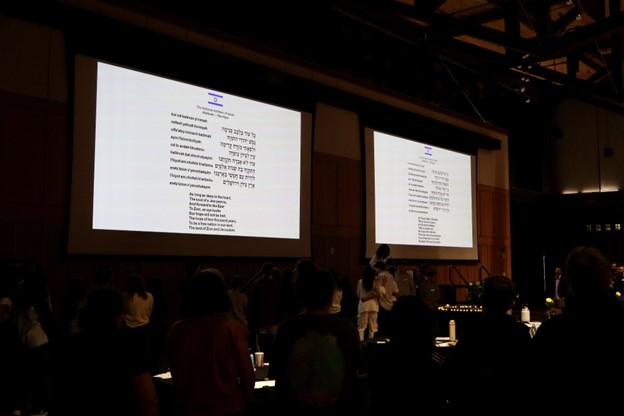






Ed Cutting, Ed.D. • Mar 6, 2020 at 4:01 pm
Not being where a deadly disease is pandemic constitutes racism?
.
Oh, Brave New World….
joey • Mar 5, 2020 at 6:42 pm
I think suspending study abroad programs in Asia is racist. We all know how this administration responded with the racist messages in melville.. they tolerated and condoned it implicitly.
We need to hold umass admin accountable to ensure they do not target our asian community or stand by and allow them to be victims of racism..